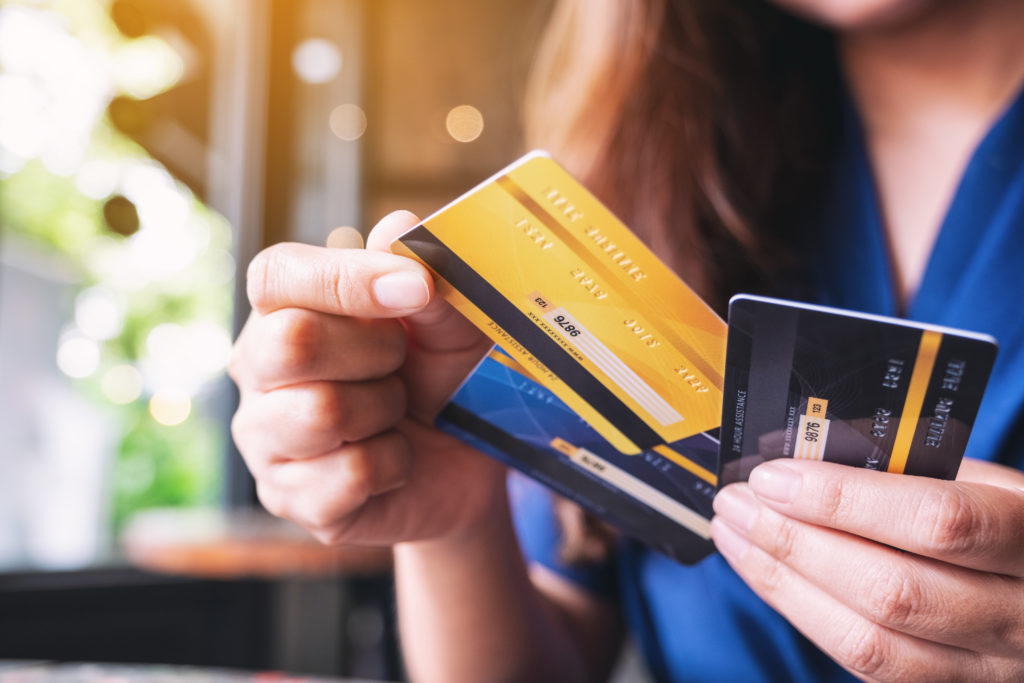|
|
Oops- I Maxed Out My Credit Cards, Now What?

Maxed Out Credit Cards: Steps to Regain Financial Control
Maxing out your credit cards can feel like a financial freefall. It’s a situation many encounter, but few anticipate. When the reality of a maxed-out credit card sets in, it’s not just about being unable to use the card; it’s about facing the potential avalanche of credit score damage, unmanageable minimum payments, and the daunting task of paying down the balance.
What Happens When You Reach Your Credit Limit? Reaching your credit limit triggers more than just a temporary stop on your spending. It can:
- Impact your credit score negatively
- Render your credit card unusable until the balance is reduced
- Increase your minimum payments, potentially beyond affordability
- Complicate your debt repayment due to accumulating interest
Immediate Actions to Take
- Cease Using All Credit Cards: To halt the debt cycle, avoid using any credit cards until you’ve cleared your outstanding balances.
- Seek Professional Advice: Consider consulting with a credit counselor or a budgeting expert to create a strategic plan for debt management.
- Maintain Consistent Payments: Ensure you make at least the minimum payment each month. If you anticipate a late payment, communicate with your creditor for a possible extension.
- Reassess Your Budget: Identify areas to cut back, such as subscription services, dining out, and non-essential shopping. Explore additional income sources like part-time work or overtime.
Transitioning to a Cash-Only Lifestyle Using cash can help curb overspending and keep you within your financial means. It’s a tangible reminder of your spending limits and can encourage more mindful financial habits.
Looking Ahead: Building a Sustainable Budget
- Track Your Spending: Keep a close eye on where your money goes each month. This will help you identify patterns and areas for improvement.
- Set Financial Goals: Establish clear, achievable goals for debt repayment and savings.
- Create an Emergency Fund: Start setting aside a small amount regularly to build a financial cushion.
- Educate Yourself: Stay informed about financial management strategies and tools available to you.
Remember, maxing out your credit cards isn’t the end of your financial journey. It’s a detour that, with careful planning and disciplined budgeting, can lead to a more secure financial future.
Visit https://www.kwikcashonline.com to learn more!
